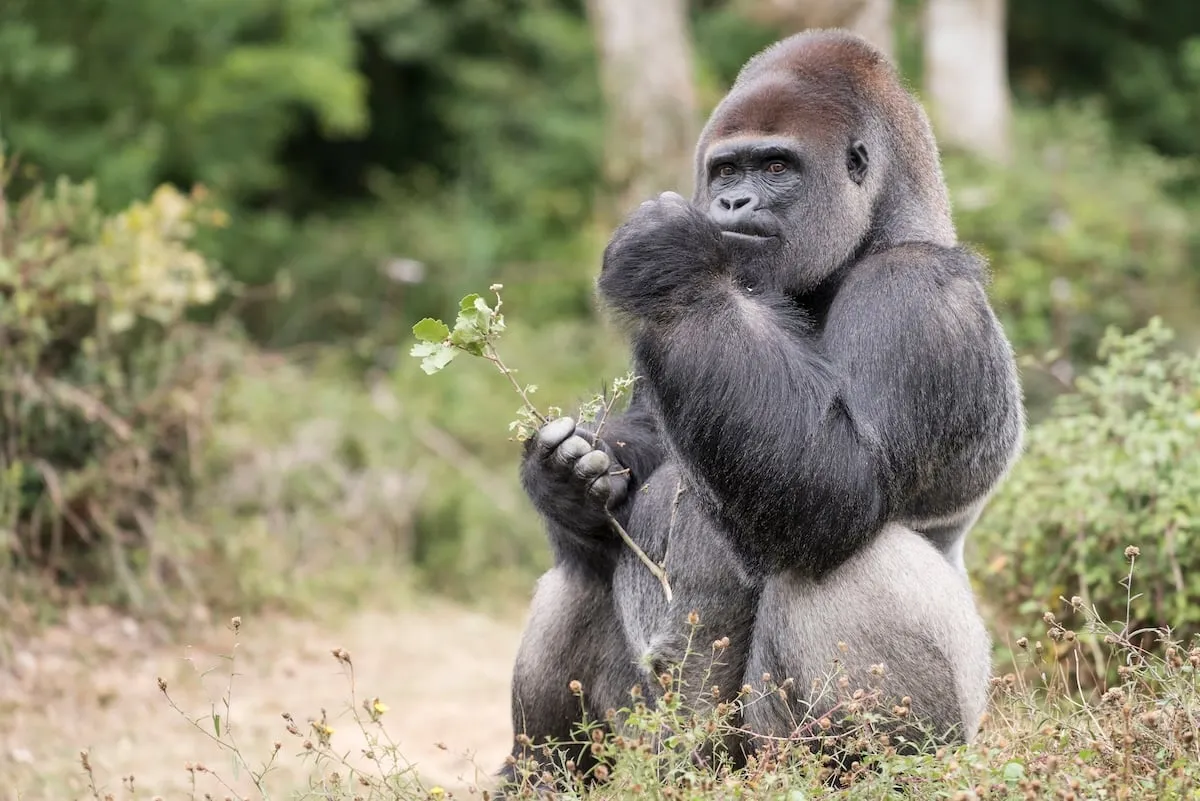Exploring Alternative Medicine: Lessons from Self-Medicating Gorillas

Discovering Medicinal Plants Through Gorillas
News from a recent study indicates that wild gorillas can provide crucial insights into alternative medicine. Researchers observed these great apes self-medicating with various plants in Gabon, leading to the discovery of four significant species:
- Fromager tree (Ceiba pentandra)
- Giant yellow mulberry (Myrianthus arboreus)
- African teak (Milicia excelsa)
- Fig trees (Ficus)
Lab tests showed that all four plants exhibit antibacterial activity against antibiotic-resistant strains of E. coli. Notably, the fromager tree demonstrated remarkable efficacy against all tested strains. These findings suggest that the compounds found in these plants, including phenols, alkaloids, and flavonoids, could be beneficial for developing new pain medications.
The Significance of Biodiversity
The research highlights the potential of biodiverse regions like central Africa in serving as reservoirs for medicinal plants. Interviews with local villagers revealed that these plants play a role in traditional medicine, reinforcing the connection between flora and health.
As noted by lead researcher Sylvain Godreuil, “Alternative medicines and therapies offer definite hope for the resolution of many present and future public health problems.” This study exemplifies how observing wildlife can guide us toward novel therapeutic discoveries.
Disclaimer: The information provided on this site is for informational purposes only and is not intended as medical advice. We are not responsible for any actions taken based on the content of this site. Always consult a qualified healthcare provider for medical advice, diagnosis, and treatment. We source our news from reputable sources and provide links to the original articles. We do not endorse or assume responsibility for the accuracy of the information contained in external sources.
This article was prepared using information from open sources in accordance with the principles of Ethical Policy. The editorial team is not responsible for absolute accuracy, as it relies on data from the sources referenced.